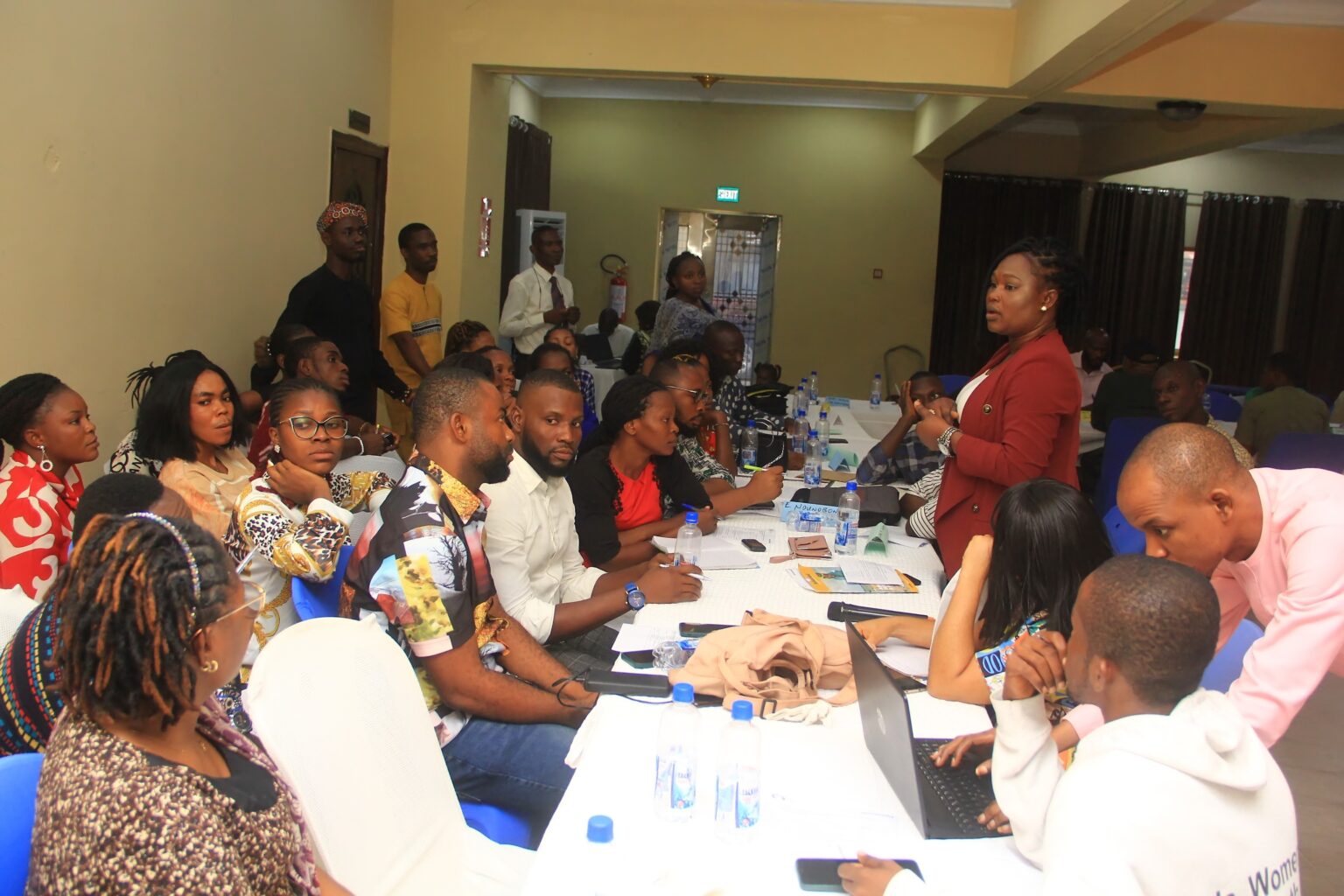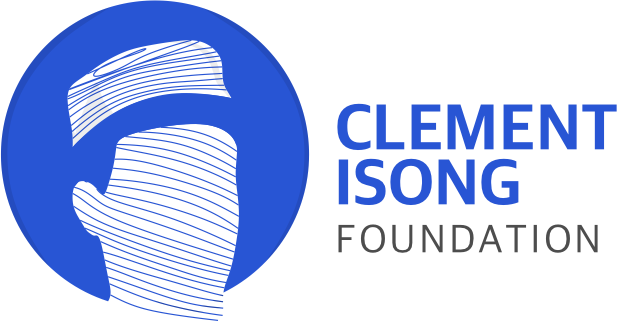AI, Tech for Good & Digital Social Innovation
Program Overview
At the Clement Isong Foundation (CIF), we specialize in designing and deploying technology-driven solutions that address complex social challenges while centering the voices of those historically excluded from innovation ecosystems. Our work transcends isolated projects—we build infrastructures of trust, collaboration, and ethical governance to ensure technology serves as a force for equity, justice, and collective progress.
Our Core Competencies
- End-to-End Technology Governance Frameworks
We architect inclusive systems to guide the responsible development and deployment of emerging technologies. Our expertise spans:
- Ethical AI Design: Integrating fairness, transparency, and accountability into algorithmic systems to prevent bias and harm.
- Participatory Policy Development: Facilitating multi-stakeholder dialogues to co-create national and regional regulations for AI, data governance, and digital rights.
- Risk Mitigation Strategies: Deploying tools like algorithmic impact assessments and red-teaming protocols to proactively address socio-technical risks.
- Cross-Sector Capacity Building
We equip communities, institutions, and governments with the knowledge and tools to harness technology for public good. Our capacity-building pillars include:
- Grassroots Digital Literacy: Culturally tailored programs that demystify AI, data privacy, and digital rights for marginalized groups, ensuring no community is left behind in the tech revolution.
- Technical Training for Institutions: Workshops and certifications for policymakers, civil society leaders, and developers on ethical AI, open-source tools, and human-centric design.
- Leadership Development: Mentorship networks that bridge global expertise with local innovators, fostering a pipeline of tech governance champions.
- Scalable Platforms for Collaborative Innovation
We design open, adaptive systems that enable sustained impact beyond project cycles:
- Public-Private-Academic Coalitions: Neutral convening spaces where governments, corporations, NGOs, and academia align priorities and resources around shared tech-for-good goals.
- Digital Commons: Open-access repositories of policy templates, educational resources, and monitoring tools, freely available to amplify global south leadership in tech governance.
- Citizen-Driven Accountability Mechanisms: Platforms that empower communities to audit technology systems, report harms, and advocate for reforms in real time.
Strategic Advantages
Multi-Stakeholder Trust Networks
Our ability to unite disparate actors is unmatched. We maintain formal partnerships with:
- Governments: Advisory roles in national AI task forces and digital economy roadmaps.
- Global Institutions: Technical partnerships with regional bodies (e.g., ECOWAS, AU) and UN agencies to align local innovations with international standards.
- Grassroots Ecosystems: Deep ties to 200+ NGOs, faith-based organizations, and rural cooperatives, ensuring solutions are grounded in on-the-ground realities.
Adaptive Methodologies
Our frameworks are designed for complexity:
- Context-First Design: We reject one-size-fits-all solutions. Every initiative begins with immersive community diagnostics to map cultural, economic, and political landscapes.
- Iterative Implementation: Agile feedback loops let us refine tools in response to evolving needs, from AI ethics curricula to legislative templates.
- Intersectional Lens: Gender, disability, and climate justice are woven into every project, ensuring technology bridges—not deepens—existing inequalities.
Technical and Operational Infrastructure
- Policy Labs: Spaces where engineers, lawyers, and community leaders prototype governance models for emerging technologies like generative AI, biometrics, and blockchain.
- Decentralized Monitoring Systems: Real-time dashboards and civic reporting tools that track tech deployment impacts across urban and rural zones.
- Sustainability Blueprints: Financial and institutional models (e.g., revolving funds, public-private co-ops) to ensure initiatives thrive post-funding.
Sectors of Impact
We tailor technology solutions to sector-specific challenges:
- Healthcare: Safeguarding patient data in AI-driven diagnostics while expanding rural access to telemedicine.
- Agriculture: Deploying climate-smart AI tools co-designed with smallholder farmers to predict droughts and optimize yields.
- Education: Localizing ed-tech platforms to minority languages and training teachers to counter algorithmic bias in automated grading.
- Civic Governance: Digital tools that amplify citizen participation in budgeting, policymaking, and corruption oversight.
Why Partner with Us?
- Proven Systems Thinking: We don’t just deploy tech—we rebuild systems. Our work transforms policy landscapes, institutional norms, and community agency in parallel.
- Unmatched Local-Global Nexus: Deep roots in African communities paired with partnerships across Silicon Valley, Brussels, and global governance hubs.
- Risk-Aware Leadership: A decade of navigating political, technical, and cultural complexities to deliver results in fragile and resource-constrained environments.
Join Us in Redefining Technology’s Role in Society
Whether you’re advancing AI ethics, expanding digital inclusion, or building the next generation of civic tech, CIF offers the strategic vision, operational rigor, and grassroots credibility to transform ambition into impact.
Impacts
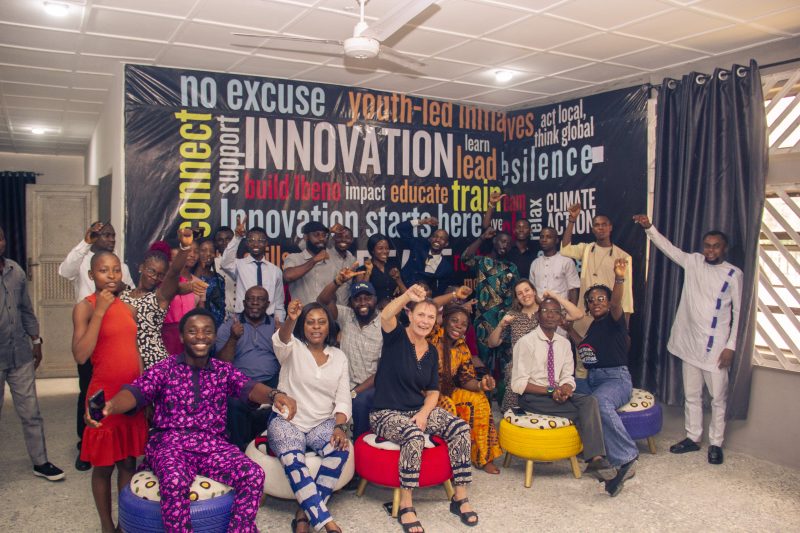
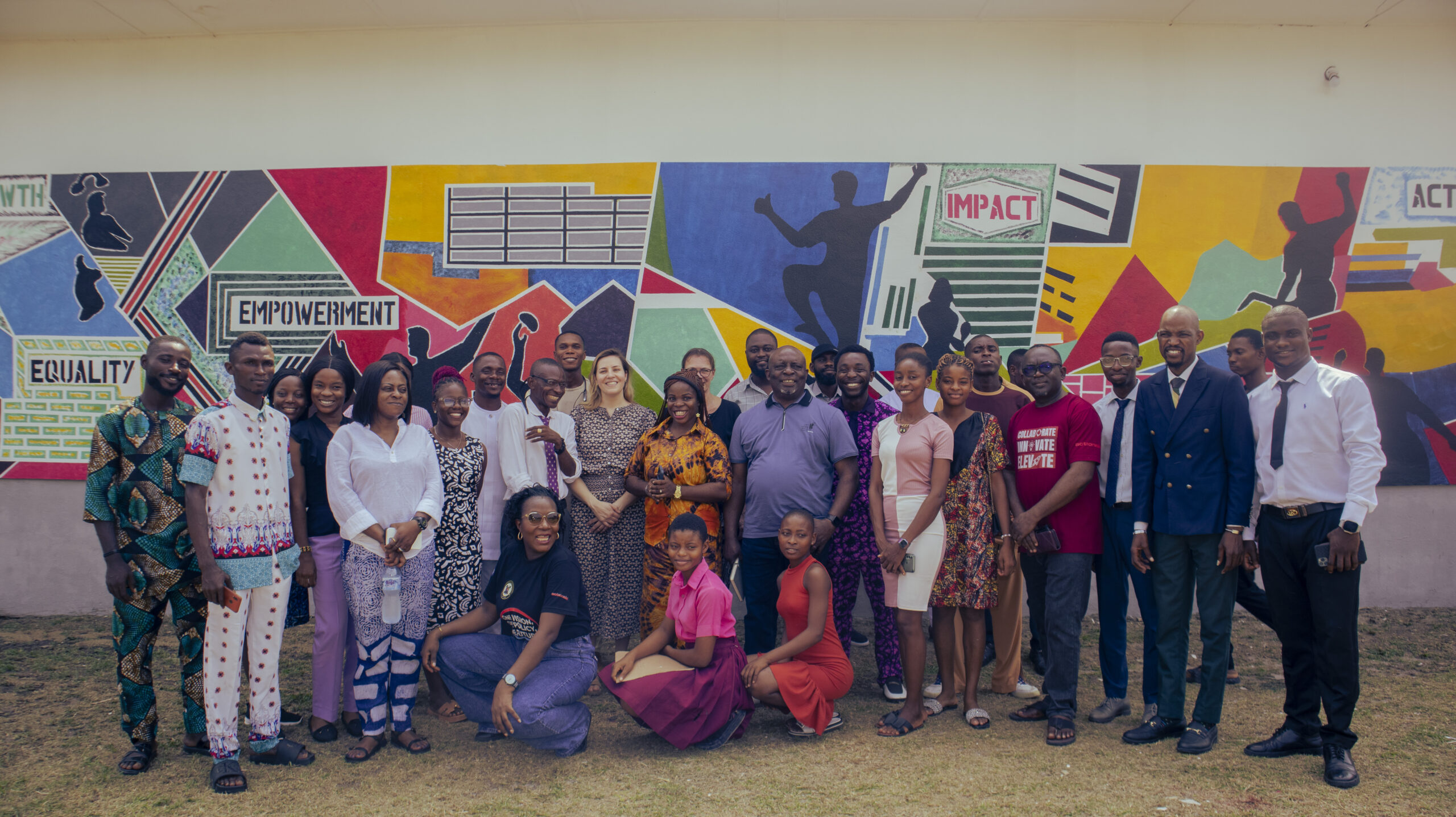
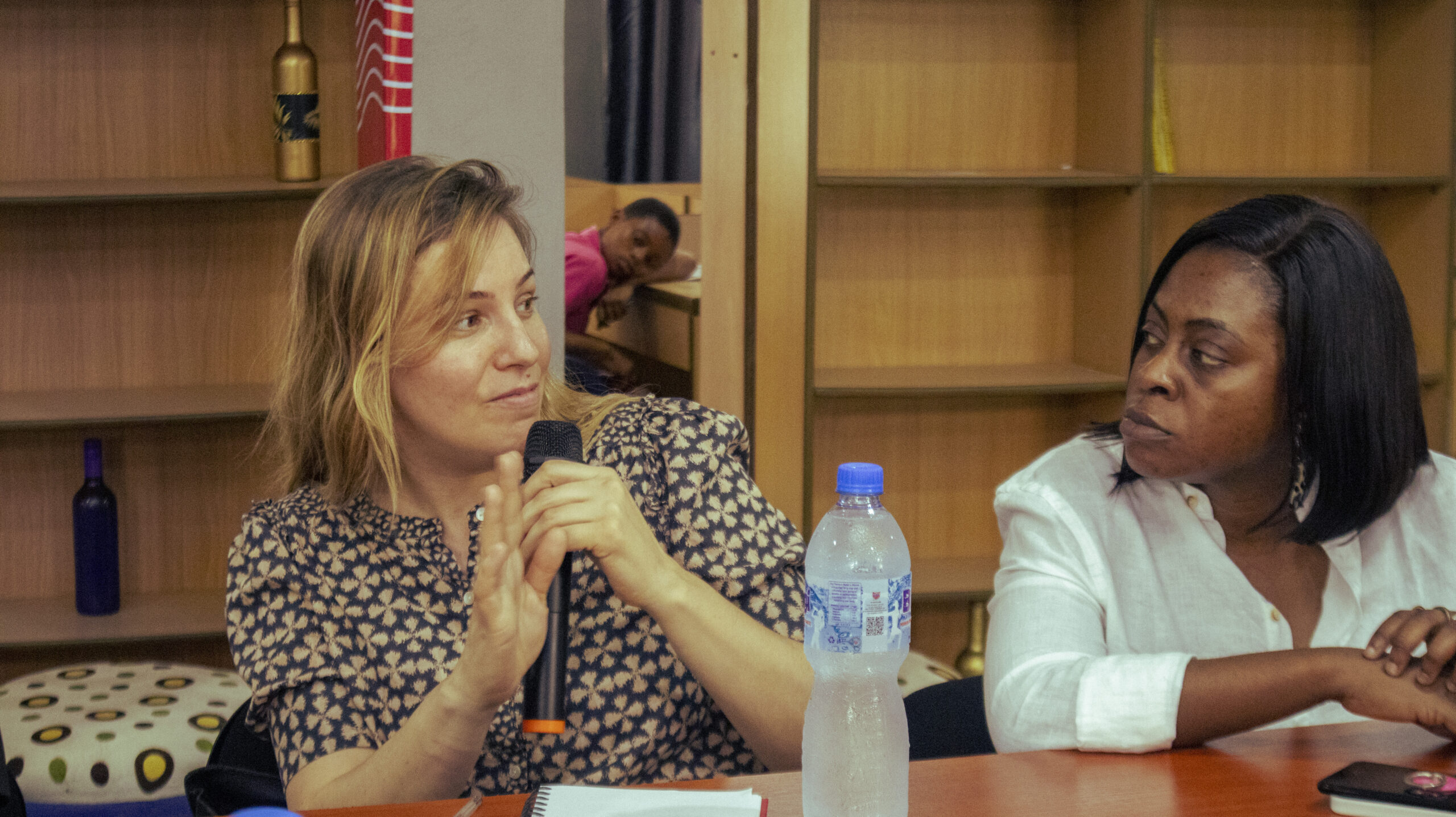
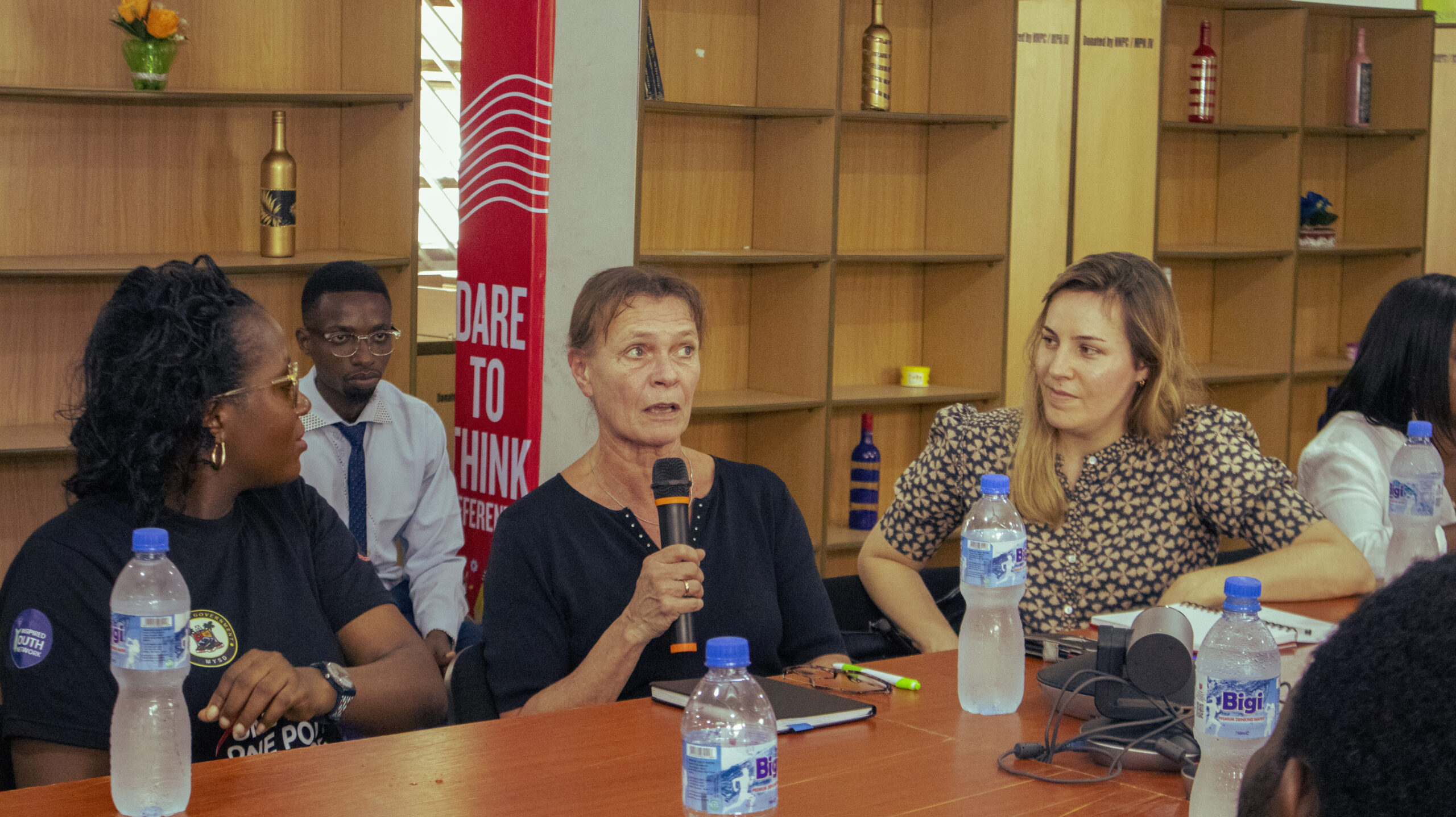
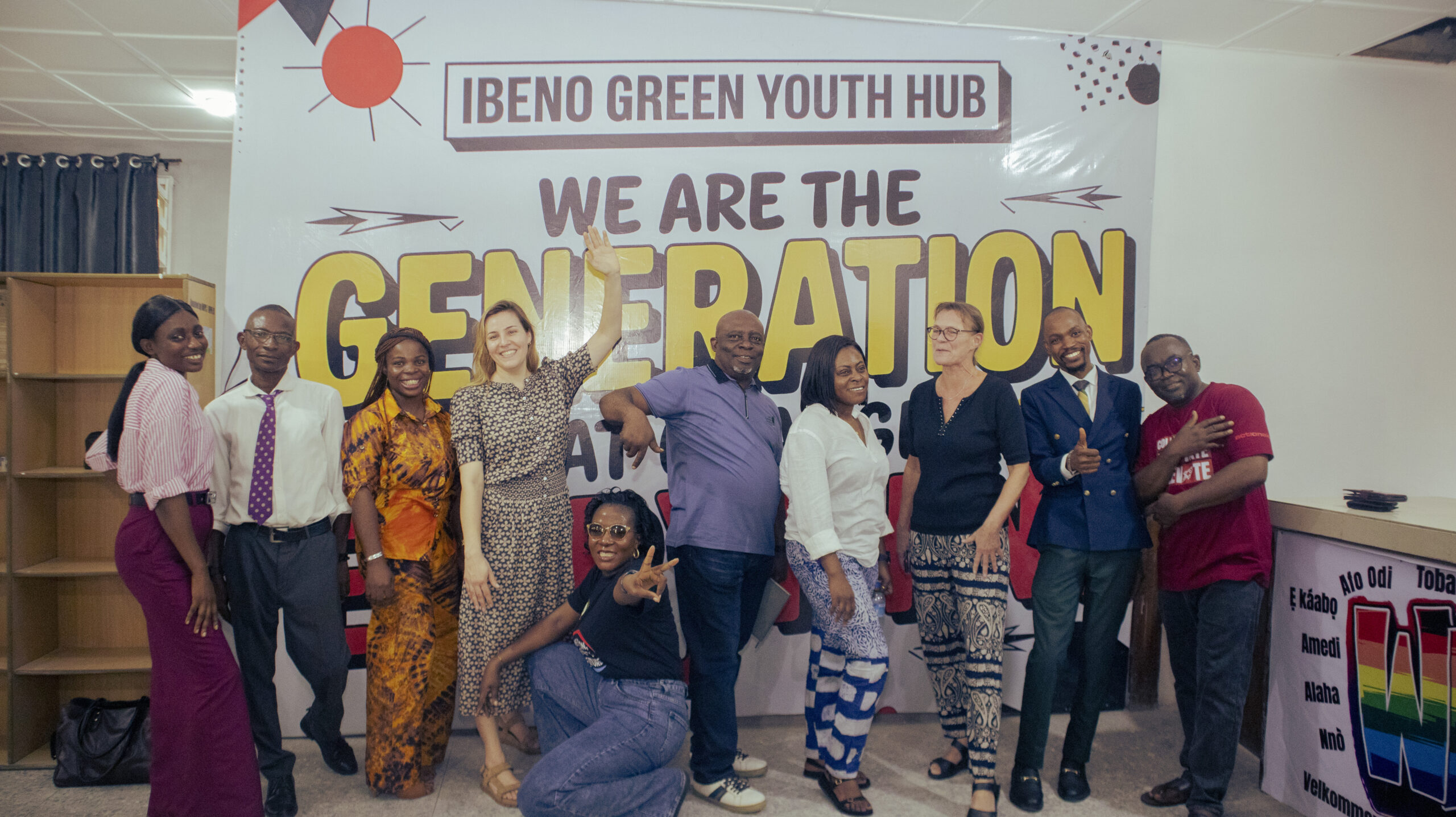
Our Results
We engage with policymakers, stakeholders, and the public to influence decision-making processes at local, national, and international levels
We provide capacity-building programs, educational resources, and support networks to enhance community resilience and foster social inclusion.
